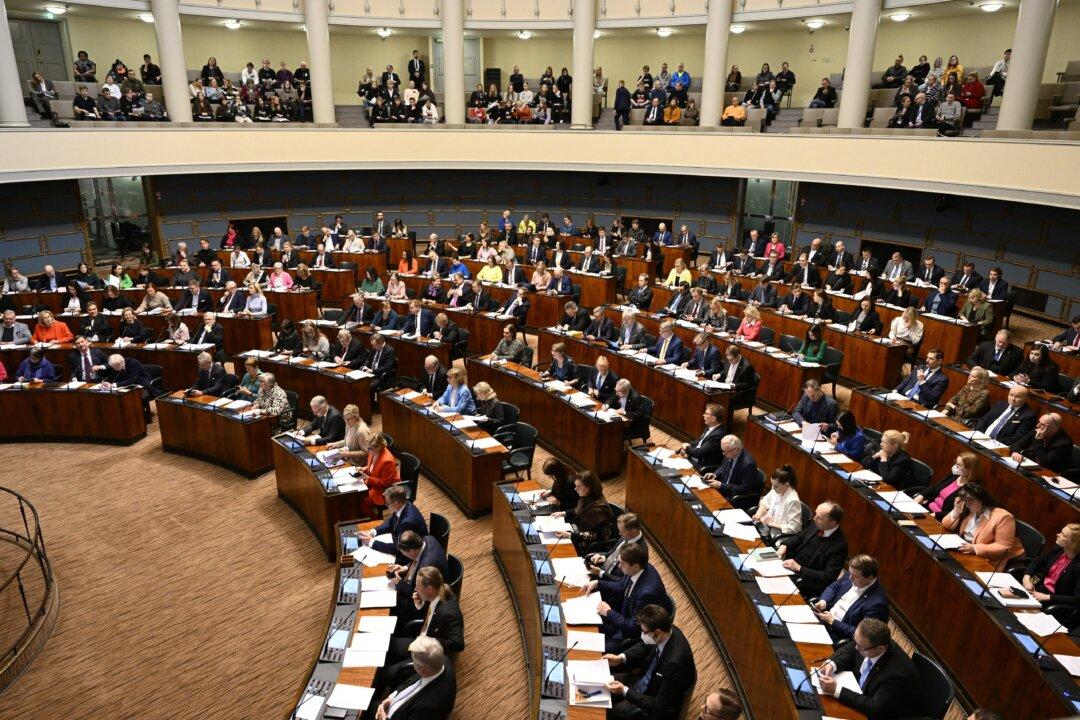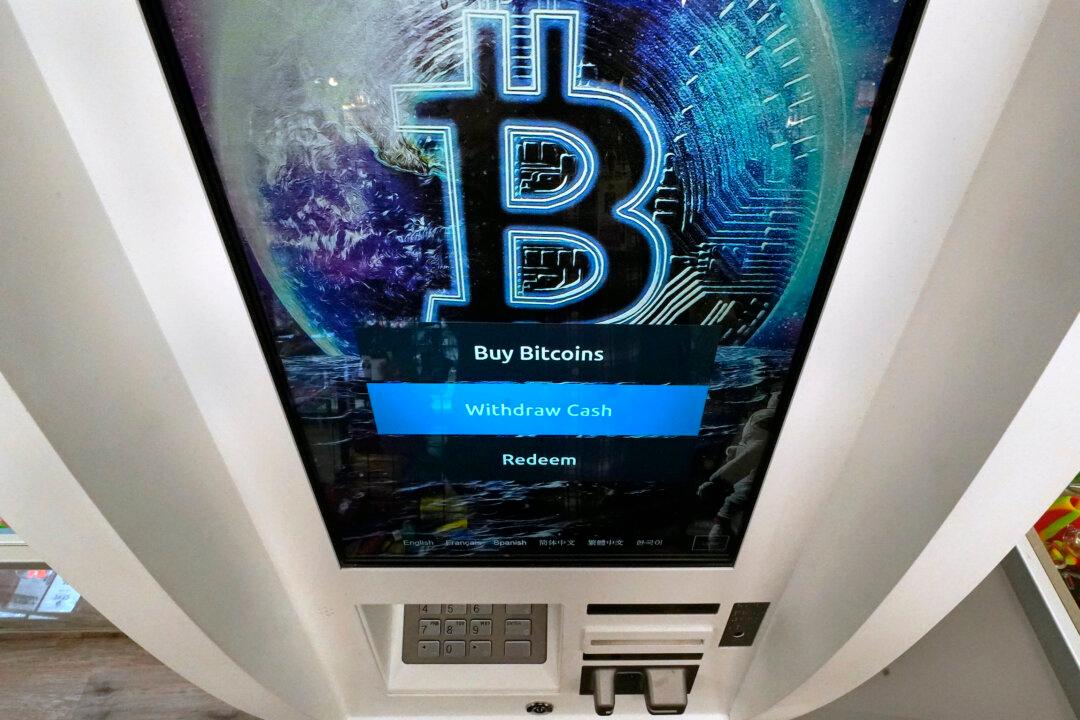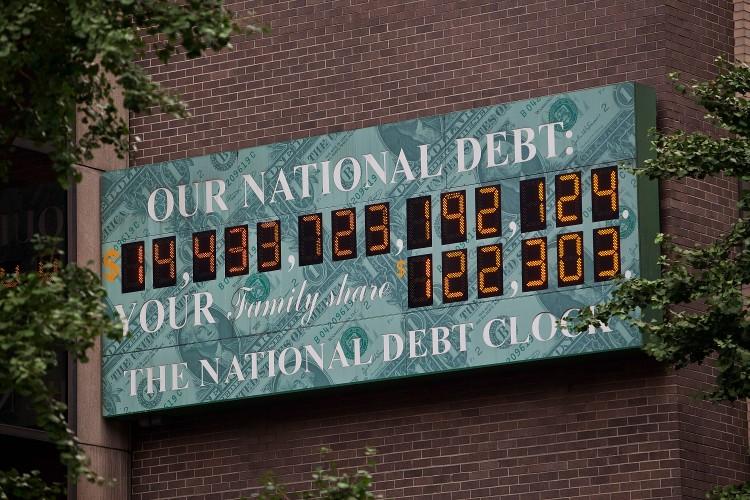Commentary
Many are currently baffled on the path of the economy and markets, and for a good reason. Stock markets are nearing a bear market, while the U.S economy seems to be doing ok. Retail sales came in as expected, rising by 0.9 percent (MoM) and the U.S. industrial output rose more than expected (1.1 percent) in April. Is the economy really coping with higher inflation and rising rates?





